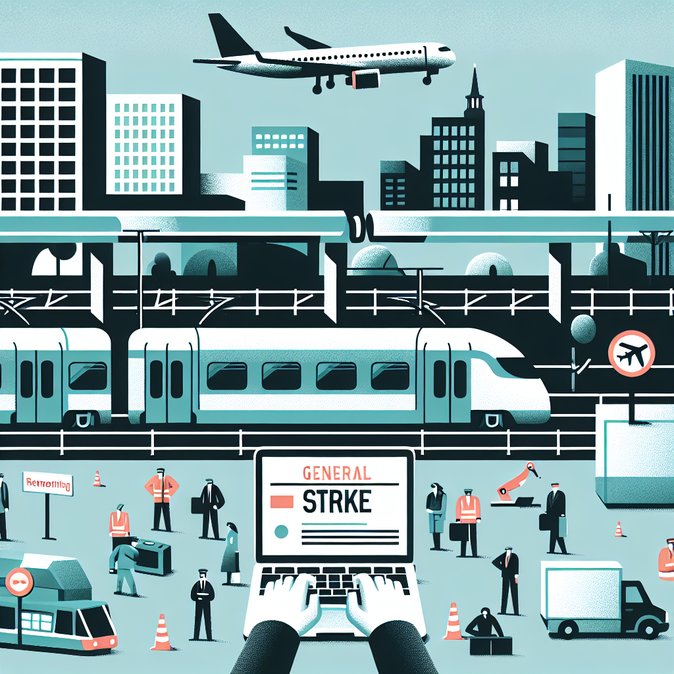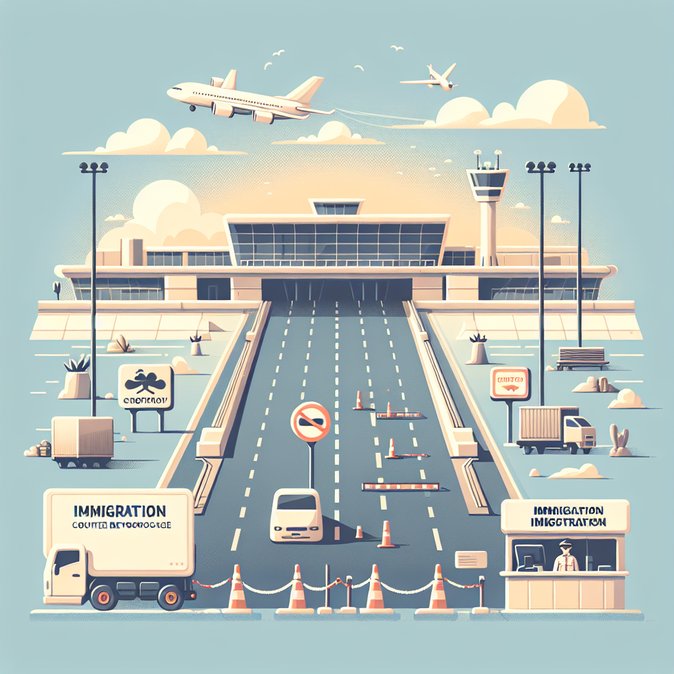
Belgium is facing its most extensive transport stoppage in years as the country’s three main union federations (ACV-CSC, FGTB-ABVV and CGSLB-ACLVB) prepare a co-ordinated 72-hour strike from Monday 24 November through Wednesday 26 November. The action targets the Federal Government’s pension and wage reforms but its practical impact will be felt by travellers and employers well beyond Belgium’s borders.
Public-sector rail operator SNCB warns that only a skeleton timetable will operate from 22.00 on Sunday 23 November until the end of Wednesday. Eurostar, Thalys and ICE international services have cancelled large parts of their Brussels schedules, and freight operators say diversions through the Netherlands will add both time and cost to supply-chain routes linking the Port of Antwerp to Germany.
![Belgium Braces for Three-Day National Strike Disrupting Flights, Trains and Urban Transport]()
Urban mobility will be equally affected. Brussels-capital operator STIB/MIVB expects “severely limited” metro, tram and bus services; De Lijn and TEC have issued similar guidance for Flanders and Wallonia. Companies with commuting staff have been advised to activate remote-work contingency plans and extend hotel budgets for visiting employees who cannot reach work sites.
The aviation sector will feel the strike hardest on Wednesday 26 November when security staff, baggage handlers and air-traffic controllers walk out. Brussels Airport has already cancelled all departures that day, while Brussels Airlines says it has lost €14 million this year alone from repeated industrial action. Business-travel managers are scrambling for last-minute routings via Paris, Amsterdam or Luxembourg, but capacity is tight and fares have spiked by up to 65 %.
For multinationals running expatriate payroll and global-mobility programmes from Belgium, the strike underscores the importance of robust travel-risk policies. Employers should brief inbound assignees to carry passports as police have occasionally erected ad-hoc road checkpoints during national strikes. HR teams should also monitor possible knock-on effects if unions decide to extend action into December’s peak travel season.
Public-sector rail operator SNCB warns that only a skeleton timetable will operate from 22.00 on Sunday 23 November until the end of Wednesday. Eurostar, Thalys and ICE international services have cancelled large parts of their Brussels schedules, and freight operators say diversions through the Netherlands will add both time and cost to supply-chain routes linking the Port of Antwerp to Germany.

Urban mobility will be equally affected. Brussels-capital operator STIB/MIVB expects “severely limited” metro, tram and bus services; De Lijn and TEC have issued similar guidance for Flanders and Wallonia. Companies with commuting staff have been advised to activate remote-work contingency plans and extend hotel budgets for visiting employees who cannot reach work sites.
The aviation sector will feel the strike hardest on Wednesday 26 November when security staff, baggage handlers and air-traffic controllers walk out. Brussels Airport has already cancelled all departures that day, while Brussels Airlines says it has lost €14 million this year alone from repeated industrial action. Business-travel managers are scrambling for last-minute routings via Paris, Amsterdam or Luxembourg, but capacity is tight and fares have spiked by up to 65 %.
For multinationals running expatriate payroll and global-mobility programmes from Belgium, the strike underscores the importance of robust travel-risk policies. Employers should brief inbound assignees to carry passports as police have occasionally erected ad-hoc road checkpoints during national strikes. HR teams should also monitor possible knock-on effects if unions decide to extend action into December’s peak travel season.


